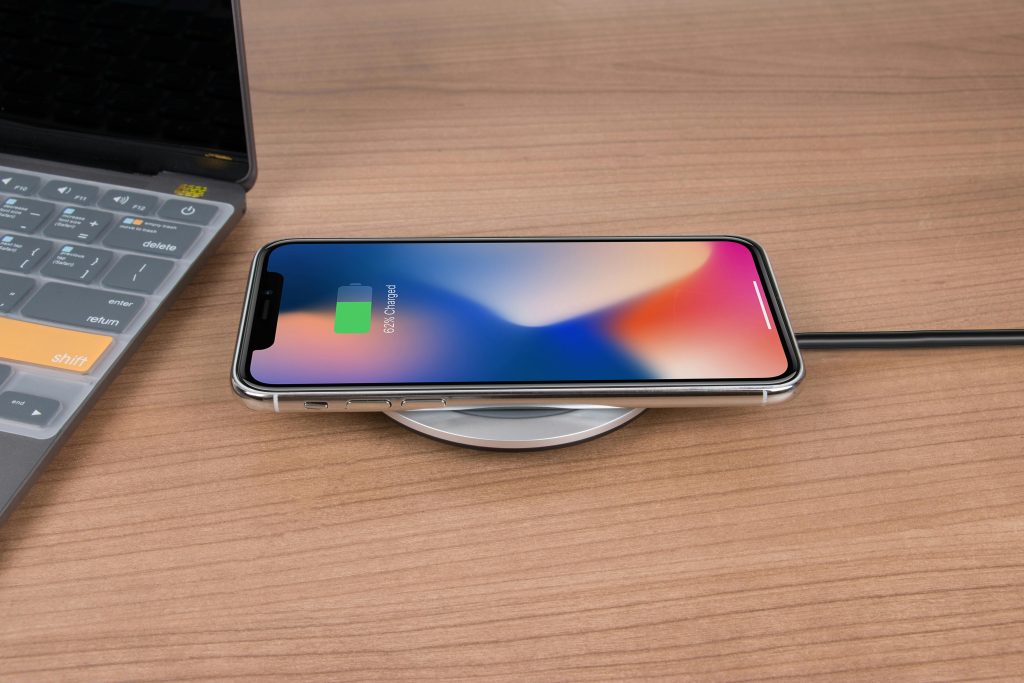Understanding and Resolving Computer Freezing During Game Downloads and Updates
Experiencing system freezes or unresponsiveness while downloading or updating games can be frustrating. If you’ve already ensured that your drivers and operating system are up to date—particularly when using Windows 11—and you’re observing low resource utilization during these episodes, you may wonder what underlying issues could be at play. Let’s explore some common causes and effective troubleshooting steps to help resolve this problem.
Identifying the Issue
In many cases, system freezes during large downloads are tied to hardware or software bottlenecks. Interestingly, monitoring tools like Task Manager can provide insights. For example, if during a game download such as Warcraft 3, your CPU, RAM, disk, and network utilization remain below 50%, it indicates that the system is not overwhelmed by resource demand.
One hypothesis suggests that a new SSD (Solid State Drive) might be operating at 100% usage, causing system stalls. However, if the Disk usage indicator in Task Manager does not reflect this—and stays well below 100%—then the bottleneck might be elsewhere.
Potential Causes and Solutions
- Storage Device Performance and Health
- SSD Health: Even new SSDs can have issues. Use diagnostic tools such as CrystalDiskInfo or manufacturer-provided utilities to check for drive health and firmware updates.
-
Drive Write/Read Speeds: Ensure your SSD meets performance expectations. If the drive is throttling or experiencing errors, it might impact download and update processes.
-
Background Processes and System Tasks
- Resource Conflicts: Other background processes could potentially interfere, even if resources seem low.
-
Solution: Use Task Manager to identify any processes that spike or consume unusual resources intermittently. Temporarily disabling or closing non-essential programs might improve stability.
-
Power Settings and Hardware Configuration
- Power Mode: Confirm your system’s power plan is set to “High Performance” to prevent throttling.
-
Thermal Management: Overheating components can cause system slowdowns or freezes. Check temperatures using tools like HWMonitor or Speccy.
-
Driver and Firmware Compatibility
- Storage and Chipset Drivers: Even if your drivers are updated, ensure they are the latest versions compatible with Windows 11.
-
BIOS/UEFI Firmware: Sometimes, firmware updates from the manufacturer can resolve compatibility issues with new hardware.
-
Software Conflicts and System Errors
–
Share this content:



